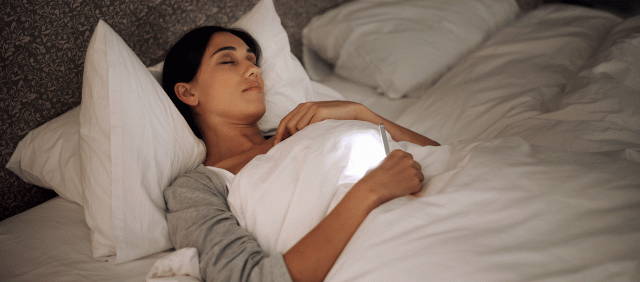The Two Most Important Ways to Boost Your Immune System

April 7, 2020
For health professionals, one of the most distressing aspects about the COVID-19 pandemic is the current lack of effective treatment. Viruses are notoriously tricky to treat, and while the medical community has made enormous strides in combating certain viruses (like Hepatitis C), or reducing the severity and timeline of others (influenza A & B), there is, as of yet, no clear course of treatment for SARS-CoV-2, the virus that causes COVID-19. Countries around the globe are racing to pilot and establish therapies to treat and prevent this dreaded pathogen, so it is my hope that we will see effective, accessible treatment, and eventually a vaccine, in the coming weeks and months.
In the meantime, our best and primary treatment for COVID-19 lies in our body’s ability to protect itself—i.e., our natural immune system. In the midst of frightening numbers and charts, it can be helpful to remember that our body has an innate capacity to fight viruses and other pathogens.
So what can we do to protect and boost our immune system during these troubling times? Here are two of the most important areas to support.
Get Enough Sleep
Shoot for getting seven or more hours of sleep each night. Sleep is an under-recognized pillar of health. Stressful, chaotic times can wreak havoc on our ability to get enough Zs, but protecting your sleep schedule can be a key component to protecting your health.
Dr. David Oelberg, a pulmonologist and intensivist (a physician who specializes in the care of critically ill patients), recently shared with me a study from a team of researchers at Carnegie Mellon and the University of Pittsburgh Medical Center. Researchers intentionally exposed a group of 164 volunteers to rhinovirus, the virus that causes the common cold. They then randomized the group to differing amounts of sleep time. Those participants randomized to six hours of sleep or less were four times more likely to develop cold symptoms than those who got seven hours or more.
While SARS-CoV-2 is a different virus than the one studied here, the mechanisms through which sleep impacts our immune system have been widely demonstrated. So though watching Netflix may provide a welcome distraction during these anxious times, don’t let it interfere with your sleep. Turn off the devices and hit the sack by 10:00 pm to ensure you’re getting the longest and most restorative sleep possible.
Manage Your Stress
Modulating your stress response is all-important for immunity as well as emotions. Though it is simply not reasonable to eliminate stress in our current public health and economic reality, it is possible, at times, to change our reaction to, and behavior around, stress. As with sleep deprivation, chronic stress is correlated with suppressed immune function, as well as numerous adverse health outcomes, from our ability to survive cancer and heart disease to our capacity for fighting acute or latent infections.
In these challenging times, how can we acknowledge and respond to stress, without allowing it to hijack our immune system? Psychologist Ellen Hendrikson, PhD, provides helpful techniques to befriend and modulate stress. One is to actually set aside time to worry. Rather than attempt to deny our fears, which at this point in time are often well founded, this strategy allows us to partner with our built-in, evolutionarily adaptive instinct to notice threats and plan for action. The trick is to keep it real, and keep it limited. Allow yourself to acknowledge both your real and imagined stressors, and give yourself permission to feel anxious and scared. Then, move into action mode.
In the second step, Hendrikson asks us to “experiment with acting confident and decisive.” She suggests doing what a non-anxious friend would do, even if it feels foreign or strange. Studies show that people who feel in control of a situation have better psychological and physical health. Acting decisively allows us to feel more in control of our stress, which helps to mitigate the sense of powerlessness that worsens the severity and impact of the stress response.
These are uncharted waters, for all of us. There is so much that feels, and is, beyond our control. Yet coming back to the moment and making small changes and adaptations in areas where we do hold the reins will help us stay strong, healthy, and resilient.
Lisa B. Nelson, MD, is a family practice physician, Director of Medical Education for Kripalu programs, and a Kripalu faculty member who has trained thousands of individuals in mind-body practices for health and vitality.
Full Bio and Programs
